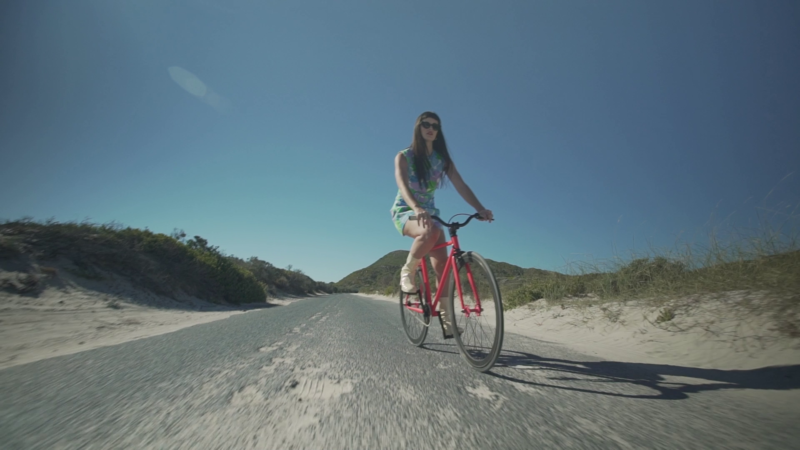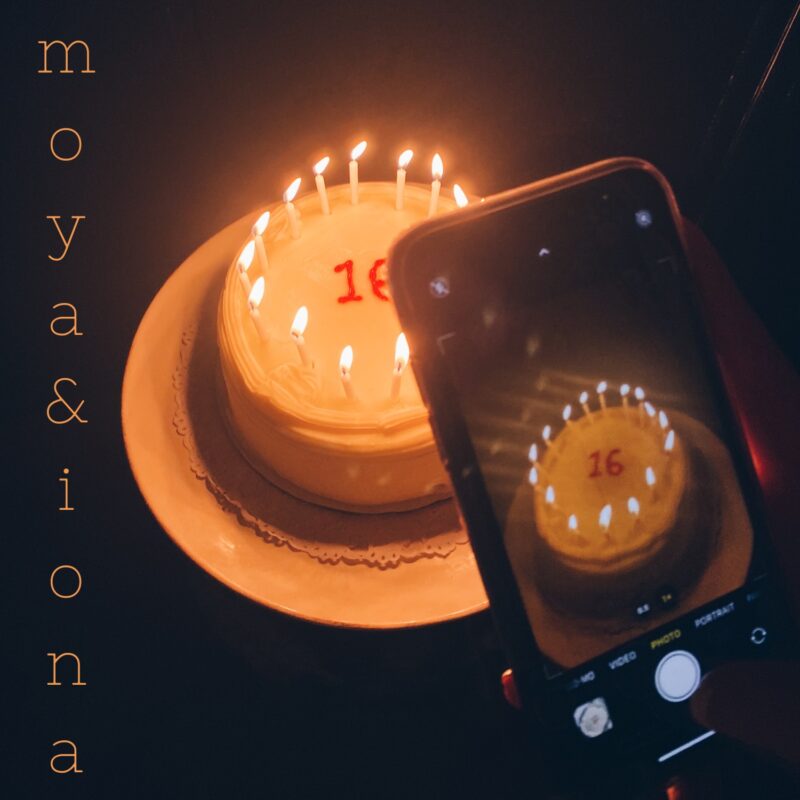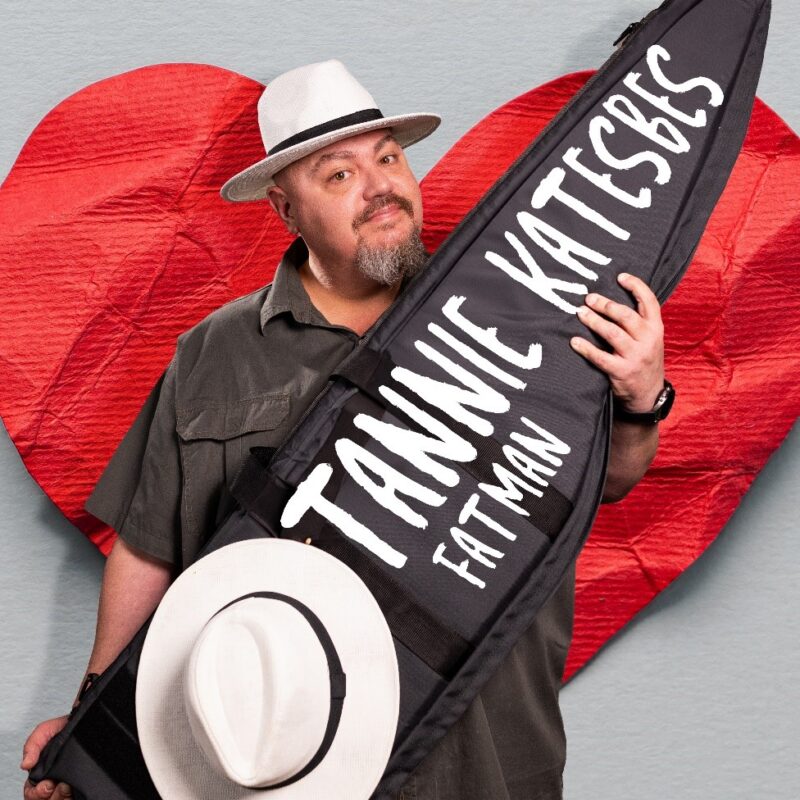How do you feel now that Red Ink has been adapted into a series?
The trepidation from an author normally comes from letting go of your baby, of this thing that you’ve nurtured. For a writer, any book is a labour of love. So handing it over to somebody else to translate into a different medium of any kind will always be nerve-wracking.
But I’m actually quite excited; there’s less worry on my side than you’d expect.
I’ve already had a book adapted to film but was hardly involved in the production [Love, Sex & 30 Candles]. With Red Ink being my debut novel, this feels more precious. I found the entire process so much more exciting.
It’s been a great pleasure because I’ve been in the writer’s room. I’m an executive producer on the show so I’m involved in the decision-making, anything from casting to wardrobe. It’s not always done this way but it’s an extremely empowering feeling; I wouldn’t trade it for anything in the world.
Take us through the casting process. Did you have any specific actors in mind to play certain roles?
I mean, we all have our dream character in mind. This book has been on the shelves for 16 years, so my casting dream has been evolving over the years.
Auditions are the most telling part of casting and for me, Nqobile Nunu Khumalo (who plays Lucy) was my first choice from the get-go.
Bonko Khoza brought such an incredible nuance to the role of Napoleon. I wasn’t surprised when he told me he’d read the book three times because I then got to understand the kind of magic he brought to the audition.
And Fundi (Tsholo Maseko): she’s a strong supporting role because she’s the yin to Lucy’s yang.
What kept you up at night in the making of this series?
It was tricky trying to find the balance between the producers’ instincts on what works on screen versus the creator’s instincts for what their character would or would not do in a certain situation.
There is a discomfort in changing big aspects of a character, like gender. Things like that will always be niggling for the creator of any type of work.
Fortunately, I’m a very realistic person. I’ve studied adaptations and I’ve spoken to writers whose works have been adapted so I didn’t come in with rose-tinted glasses. I knew it was going to be tricky; I knew I was going to be unhappy at times. But ultimately, being involved beats anything else I could have asked for. It really feels like a gift, in spite of all the challenges that we had to go through.
What message would you give to your readers who will watch the series?
I would ask for grace and understanding from my readers.
Having been part of the process, I can see why certain things work from a literary point of view but from an audiovisual point of view they don’t quite hit the mark because the mediums of communication are different.
As the writer of this book, I committed to trying to stay as true to the storyline as possible. That’s what I fought for. But even when I didn’t win a specific point, I let it go only if I thought it would be for the good of the show.
So if we diverge from the book, it’s because we’re trying to make it more visually interesting. Ultimately, I want a show that will be gripping, that will be interesting, that will be engaging.
Without spoilers, which scenes are you most excited to see?
There are cliffhangers from episode 1 right up till 8. In between producing the show and running my PR company, I couldn’t always be on set. But for all the big cliffhangers, I made sure I was there. You want the actor to emote an action just right so that even if it’s not an in-your-face cliffhanger, it’s enough to create that ‘Oh my god’ reaction.
What do you want the viewers to take away from this series?
Red Ink questions why South Africa is one of the most violent societies in the world. We were the murder capital for years and years, which is certainly a dubious honour that’s not comfortable to claim. The fact that this kind of violence is inflicted upon the most vulnerable among us – women and children – is something we really need to unpack. We don’t confront that and fiction is the most liberating way of opening up that discussion.
Why is our society like this? Why do we breed people like that? Is there something that can be done in the way that we run our small family units, just from that nuclear family base? Are there things we could do differently? Are there ways we can raise our children, especially boy children, differently? So that we’re not still having the same conversation about why we’re so violent 20 years from now…
Red Ink is a partnership between Makholwa’s Britespark Films and Bomb Productions. This marks the first Showmax Original from Bomb, who made DStv’s most-watched drama ever, Shaka ILembe, as well as classics like Venice winner Yizo Yizo, Oscar nominee Mandela, Sundance winner Amandla: A Revolution In Four-Part Harmony and SAFTA winners like Isibaya.
Watch the trailer: https://www.youtube.com/watch?v=bOOPgLlPWG8
Join the conversation: #RedInkShowmax
About Showmax
Showmax, launched in 2015 and available in more than 40 markets across the continent, is a leading African streaming service. It offers a unique combination of original African content, first and exclusive international series, popular movies, premium documentaries and the best kids’ shows, and the mobile-only product to watch the Premier League (PL). Showmax is jointly owned by MultiChoice (JSE: MCG), the leading video entertainment platform and biggest producer of content in Africa, and Comcast (NASDAQ: CMCSA), one of the world’s biggest media companies.




